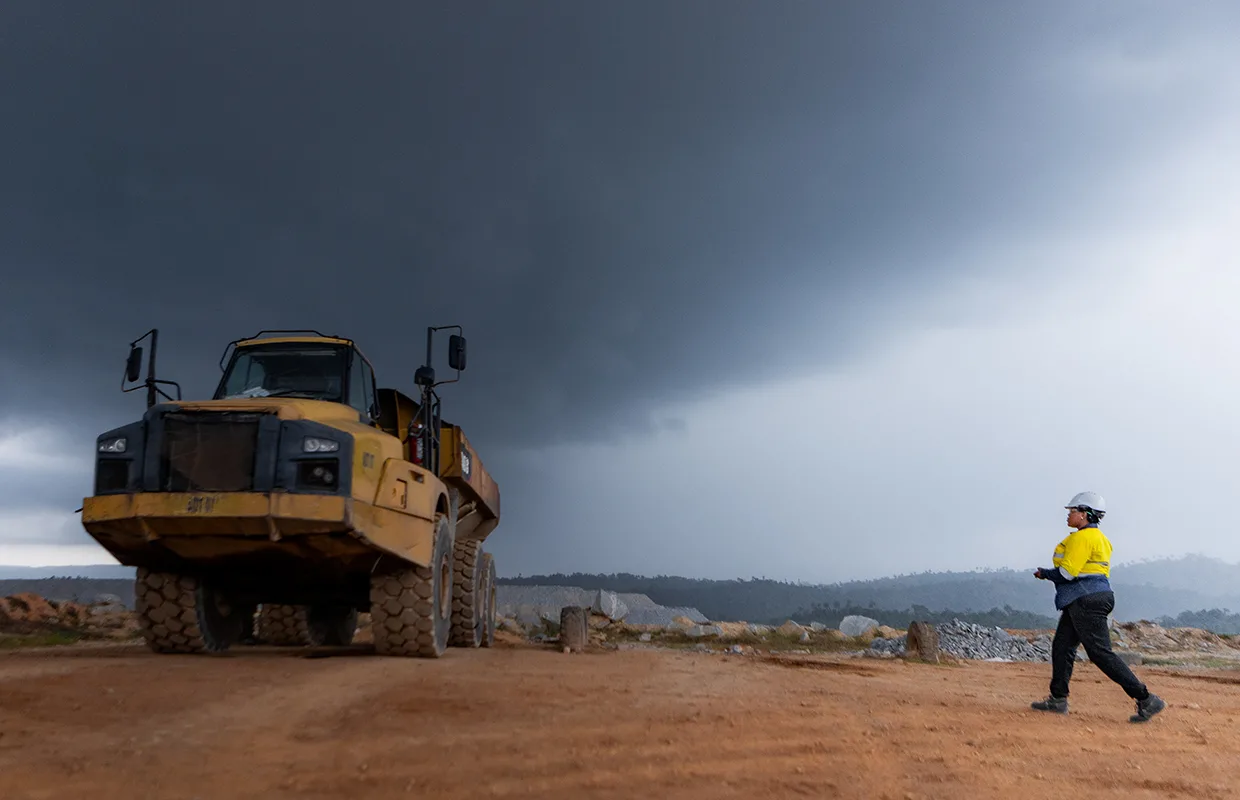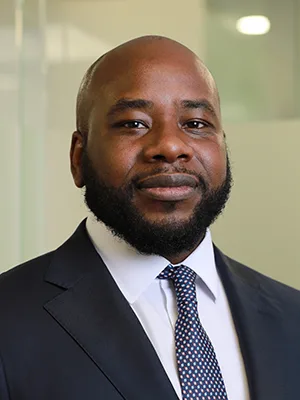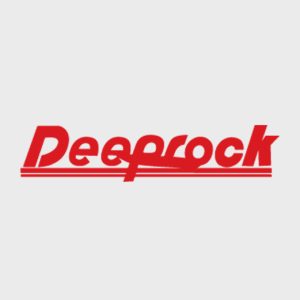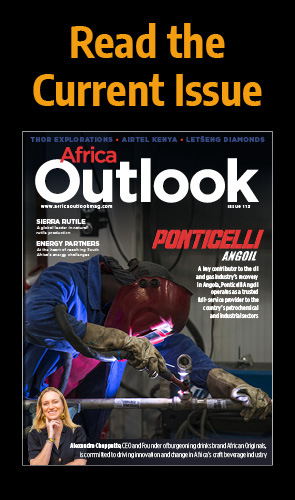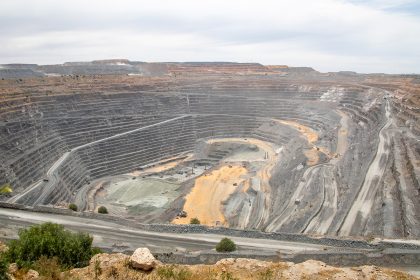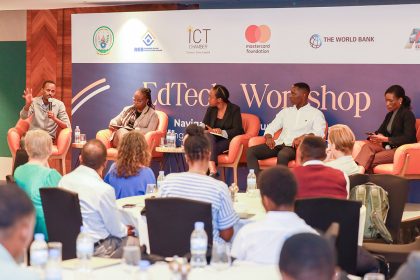Advancing notable gold mining projects across Nigeria, Senegal and, more recently, Côte d’Ivoire, Thor Explorations is positioned for continued organic growth across West Africa. Segun Lawson, CEO, tells us more.
THE GOLD STANDARD IN MINING
As a relatively underexplored and prospective geological region with huge potential for mineral exploitation, West Africa continues to attract attention from mining companies across the globe.
Despite ongoing geopolitical issues causing some concern – particularly in Mali and Burkina Faso, for example, where investors have become more selective of the jurisdictions they enter – the region continues to see sustained success, particularly in gold mining.
As such, international investors are increasingly deploying capital to carry out exploration, purchase mines, and build infrastructure.
Toronto Stock Exchange (TSX)-listed gold producer, Thor Explorations (Thor), has particularly benefitted from West Africa’s burgeoning reputation as a mining hub.
“Our exploration portfolio in Nigeria covers approximately 1,300 square kilometres (sqkm) of prospective gold-bearing ground,” introduces Segun Lawson, CEO.
A major part of the company’s extensive portfolio is its wholly-owned flagship Segilola Gold Mine Project (Segilola) in Southwest Nigeria.
Operated by Thor’s subsidiary, Segilola Resources Operating Limited (SROL), it completed construction in Q2 2021 and achieved commercial production in Q1 the following year.
Approximately 85,000 ounces (oz) of gold per year has been produced by Segilola, which is built on a total probable reserve of 517,800 oz of gold grading at 4.02 grams per tonne (g/t).
This makes the site Nigeria’s first and only large-scale commercial gold mine, employing over 1,700 staff.
In addition, Thor holds a 70 percent economic interest in the Douta Gold Project (Douta), an advanced gold exploration site in Southeast Senegal.
With a global resource of 1,780,000 oz of gold, the project has an indicated resource of 874,900 oz at 1.3g/t and an inferred resource of 909,400 oz at 1.2g/t.
“Douta is currently being advanced by the company to be a preliminary feasibility study (PFS), and we aim to build this project as Thor’s second mine,” Lawson informs.
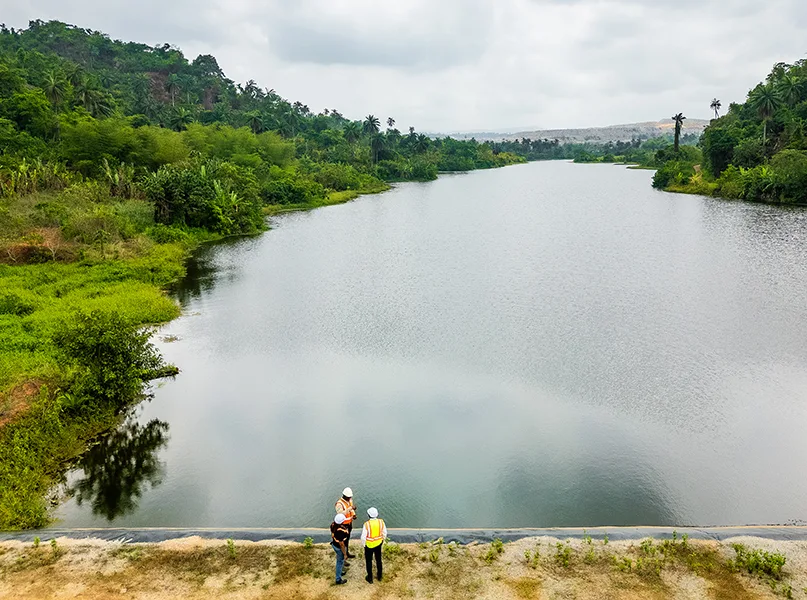
ONGOING EXPANSION
Having recently expanded into Côte d’Ivoire, where it acquired three exploration licences, Thor is ideally positioned for continued success and expansion in West Africa.
Work has already begun on all three licences, which are located on the prospective Birimian greenstone belt, with the results of the initial explorations promising.
“We have set ourselves a target of achieving a maiden resource in at least one of these licences by the end of the year,” Lawson asserts.
Elsewhere in Côte d’Ivoire, the Guitry Project, which was fully acquired from Endeavor Mining, presents further opportunity for exploration.
Thor has also recently entered into joint venture (JV) partnerships with Goldridge Resources and the Mining Research and Exploitation Company (CAREM) on the Boundiali and Marahui licences, respectively.
“We have an opportunity to earn up to an 80 percent stake in both of the aforementioned licences,” he details.
Over in Southwest Nigeria, the company has also acquired a 600 sqkm land package of lithium tenure through its wholly owned subsidiary, Newstar Minerals Ltd (Newstar).
With Segilola projected to produce between 85,000 and 95,000 oz per year with an all-in sustaining cost of between USD$800 and USD$1,000 per oz, Thor’s mining potential only continues to grow.
Further to this, having paid off all senior debt on the project, the company now boasts a de-leveraged balance sheet and is in position to reinvest its surplus capital into further exploration, with an ongoing priority to extend the life of the mine.
As such, strong cash flow has been a key factor in enabling Thor to scale up its exploration and has, in turn, contributed to the company’s reputation as the largest low-cost gold producer in Nigeria.
“In terms of sustaining this cash flow to maximise shareholder value, something we’re doing today is purchasing our own drilling rigs, which will enable us to drill with more flexibility and at a cheaper cost,” Lawson tells us.
As such, Thor is able to return money to its shareholders without forgoing the growth of the company – a key part of its business strategy.
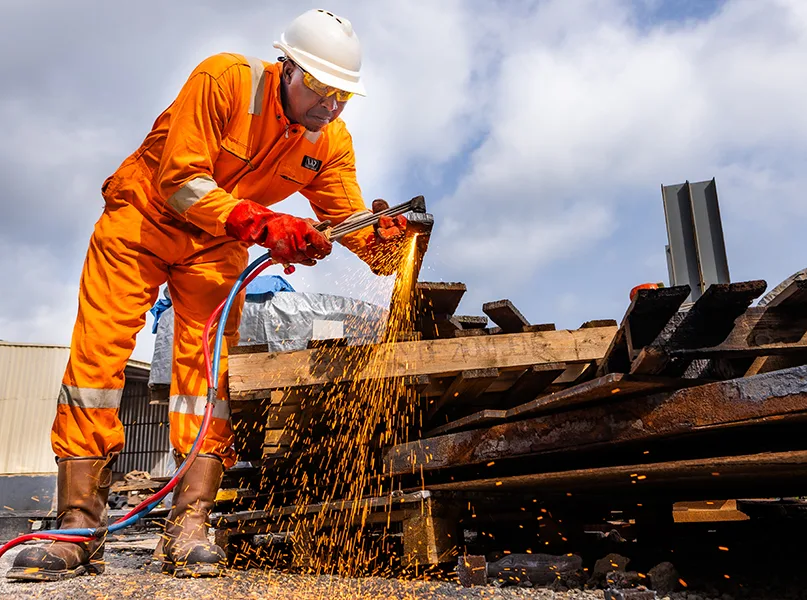
LEVERAGING LITHIUM
Boasting favourable geological formations comprising granitic terrains known to host significant pegmatite deposits, Nigeria’s lithium potential is notable.
A primary source of spodumene and lepidolite, both of which are crucial lithium-bearing minerals, these vast deposits demonstrate the nation’s significant underexplored lithium opportunities.
Thor’s Nigerian subsidiary, Newstar, has a large land holding in the southwestern region of the country, which covers a prospective northeastern trading zone, both known lithium-bearing pegmatite deposits, and a large unexplored prospective pegmatite-rich belt.
To capitalise on this resource-rich asset, Newstar has secured over 600 sqkm of granted tenure in Nigeria from the Oyo State, Kwara State, and Ekiti State Lithium Project areas, which it plans to exploit through small-scale lithium mining.
“The Oyo State Project area is where we are currently focused. Whilst we have slowed down lithium exploration as we await the arrival of exploration drilling rigs, we look forward to picking this back up once the rigs arrive,” Lawson shares.
Thor’s ongoing exploration work at Douta in Senegal, meanwhile, has allowed it to add significant scale to its operations.
Whilst the pre-feasibility workstreams are being finalised, the company is continuing to drill additional targets across all its prospects, including Makosa Tail, Sambara, and Mansa.
Thor is pleased to have drilled two discovery holes in Q1 2025 in the Douta-West licence on a new prospect, Baraka 3.
“We are excited to be drilling this prospect through to Q2 this year,” he confirms.
A LOCALISED SUPPLY CHAIN
As a company that proudly procures 80 percent of its products from West Africa, it is important for Thor to utilise local and regional suppliers and partners.
“Last year, this meant we brought USD$24 million worth of procurement into the Nigerian economy,” Lawson elaborates.
Since its inception, the company has been on a mission to bring sustainable development and prosperity to the communities in which it operates.
This is backed by its core values, centring around accountability, integrity, trust, dignity, and respect.
Thor’s relationship with its suppliers has evolved over time and since expanded to include a variety of services.
For example, the company has provided mechanical engineering support, engaged a local waste contractor and regional logistics businesses to regularly deliver supplies, and partnered with local construction companies for camp accommodation expansion.
“In this sense, we have helped to capacity-build businesses and enhance the skills required in the mining industry – a new emerging sector in Nigeria,” he reflects.
Furthermore, the onset of the COVID-19 pandemic reinforced Thor’s need to leverage domestic supply chains as international shipping and logistics were significantly disrupted.
“For this reason, local supply chains became vital in ensuring our key supplies, equipment, and spare parts were in easier reach.”
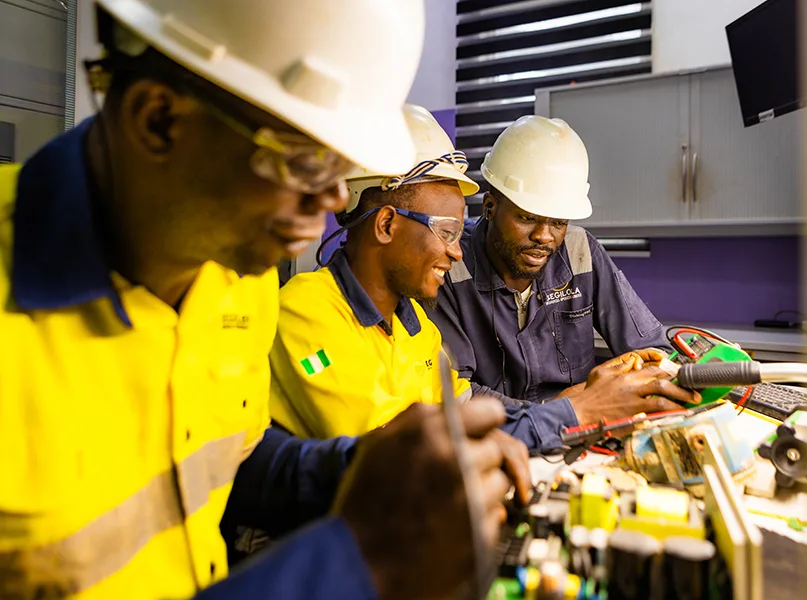
SOCIALLY RESPONSIBLE
Equally important to Thor are its corporate social responsibility (CSR) and community development activities.
As such, SROL has engaged with the three host communities around its Segilola mine site from the outset and signed community development agreements (CDAs) with each of them.
“The CDA process took 18 months of built-up knowledge, trust, and a good working relationship with the community leaders in each village,” Lawson outlines.
In this way, Nigeria is ahead of the curve in West Africa in terms of requiring CDAs from mining companies to improve transparency between businesses and communities.
The final CDAs have established benefits based on community suggestions, including 26 scholarships granted annually to keep vulnerable children in school, 45 local women to receive equipment and training yearly to improve their livelihoods, and a minimum of 20 percent of employment being provided by the three host communities.
Furthermore, 30 youth short-training programmes were completed in 2024, including carpentry, phone repair, fashion design, and truck driving courses.
In addition, the maintenance of nine boreholes (three in each host community) is being implemented using local contractors, whilst provision of a 33-kilovolt transformer and 30 pylons will be installed to improve the local community’s energy supply.
“The CDA process was invaluable to our project as it enabled us to achieve the social license to operate,” he prides.
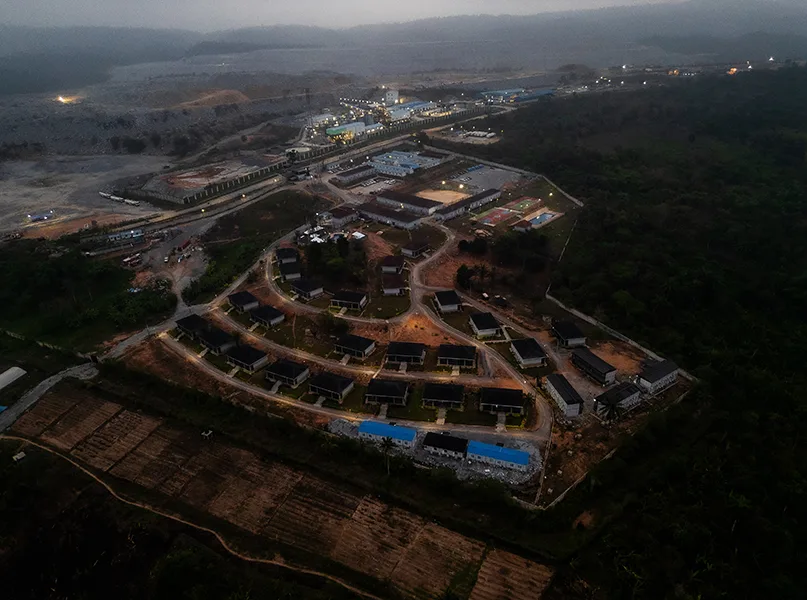
THE FUTURE IS GOLDEN
Looking to 2025, exploration will continue for Thor across its entire portfolio, including its drilling programmes in Nigeria, Senegal, and Côte d’Ivoire.
Having taken a long-term view of the former, the company’s priority here is to further extend the life of mine at Segilola through exploration.
“With our first mover advantage and extensive human resource capability in the country, we are also in a position to assess additional opportunities outside Segilola,” Lawson asserts.
In Senegal and Côte d’Ivoire,meanwhile, Thor looks forwards to achieving the milestones it has in place, such as the PFS in the former and maiden resource exploration in the latter.
In short, the company seeks to continue its organic growth through exploration and mine life extension.
Thor’s ongoing expansion is ultimately underpinned and supported by strong cash flow from the Segilola mine, particularly given the current high prices of gold in the industry.
“We will continue to focus on being disciplined with our costs and look forward to building Douta, which will position us as a multi-mine, mid-tier gold producer,” Lawson confidently concludes.



